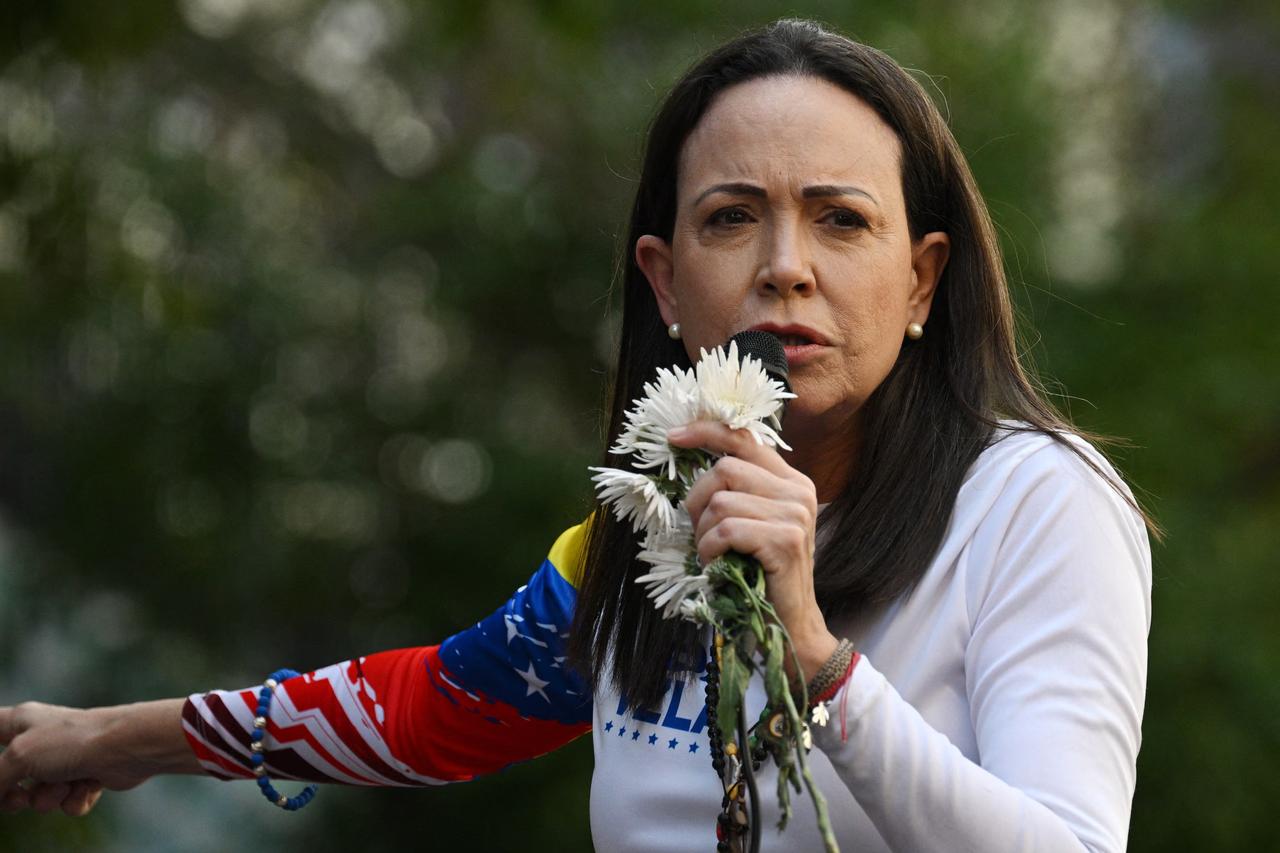
The Norwegian Nobel Committee announced the 2025 Nobel Peace Prize in Oslo on Friday, concluding months of speculation over whether U.S. President Donald Trump’s late push for a Middle East peace deal would earn him the award.
The committee awarded the prize to Venezuelan opposition leader Maria Corina Machado, recognizing her role in advancing democratic change and nonviolent resistance in Venezuela.
The Nobel Committee praised Machado as “a brave and committed champion of peace” who “keeps the flame of democracy burning during a growing darkness.”
The 58-year-old industrial engineer has been living in hiding since Venezuela’s government cracked down on opposition groups following the 2024 election.
Jorgen Watne Frydnes, the committee’s chair, said it was unclear whether she would be able to attend the Dec. 10 award ceremony in Oslo due to security concerns.
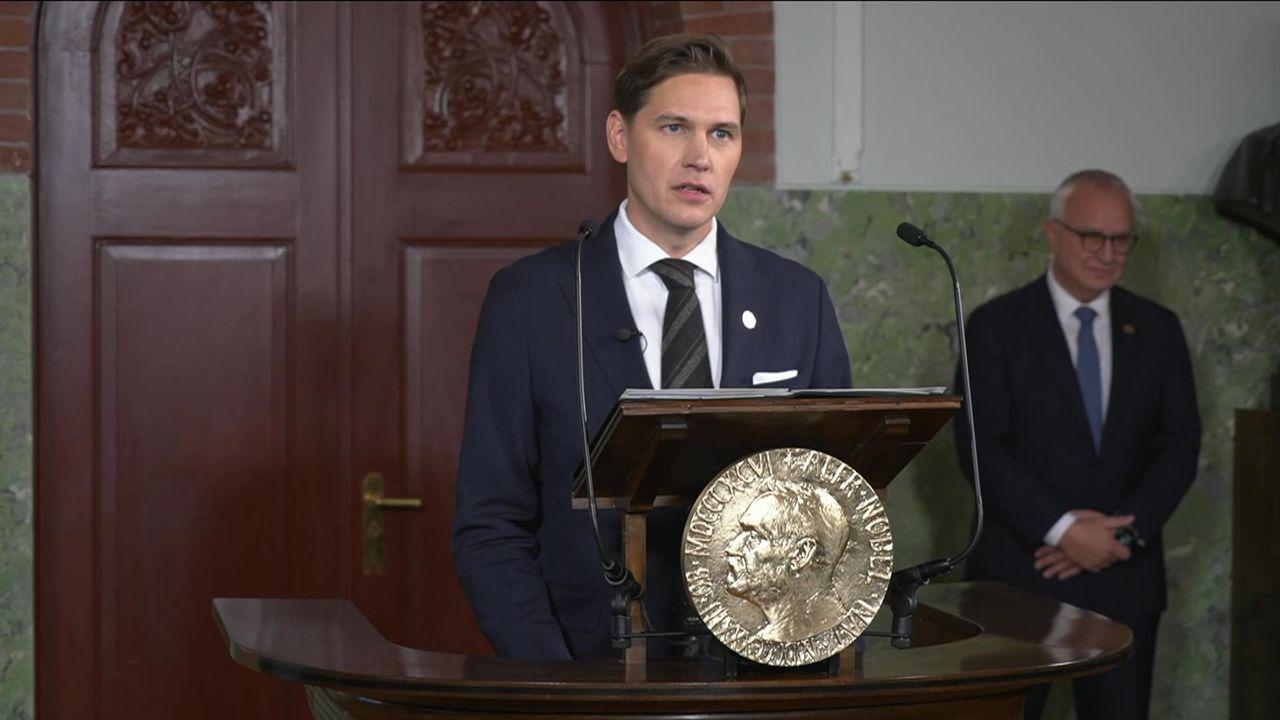
Who was part of Nobel Peace Prize 2025 committee?
This year’s judges include human rights advocate Jorgen Watne Frydnes as chair, Asle Toje as vice chair, former Prime Minister Anne Enger, conservative politician Kristin Clemet, and humanitarian Gry Larsen.
Frydnes has defended the committee’s independence despite heavy political pressure, as reported by Al Jazeera. Toje, who has attended Trump’s events, has said that lobbying campaigns “usually have a negative effect” on nominees’ chances.
The committee met for the final time on Monday, several days before Trump’s Gaza peace plan was finalized.
A total of 338 candidates were in contention this year, including 244 individuals and 94 organizations. Prediction markets and bookmakers had listed Machado, Sudan’s Emergency Response Rooms, and Yulia Navalnaya, the widow of Russian opposition figure Alexei Navalny, among the favorites.
Trump’s odds stood at about 3% on Polymarket, reflecting broad skepticism among observers.
Analysts in Oslo said the award underscored the Nobel Committee’s independence amid Trump’s high-profile lobbying.
Halvard Leira, research director at the Norwegian Institute of International Affairs, told Reuters the decision “demonstrates that the committee wouldn’t be swayed by popular opinions or political leaders.”
He added that Washington’s long-standing support for Venezuela’s democratic opposition makes the choice “difficult to see as an insult to Trump,” despite his earlier remarks claiming he deserved the award.
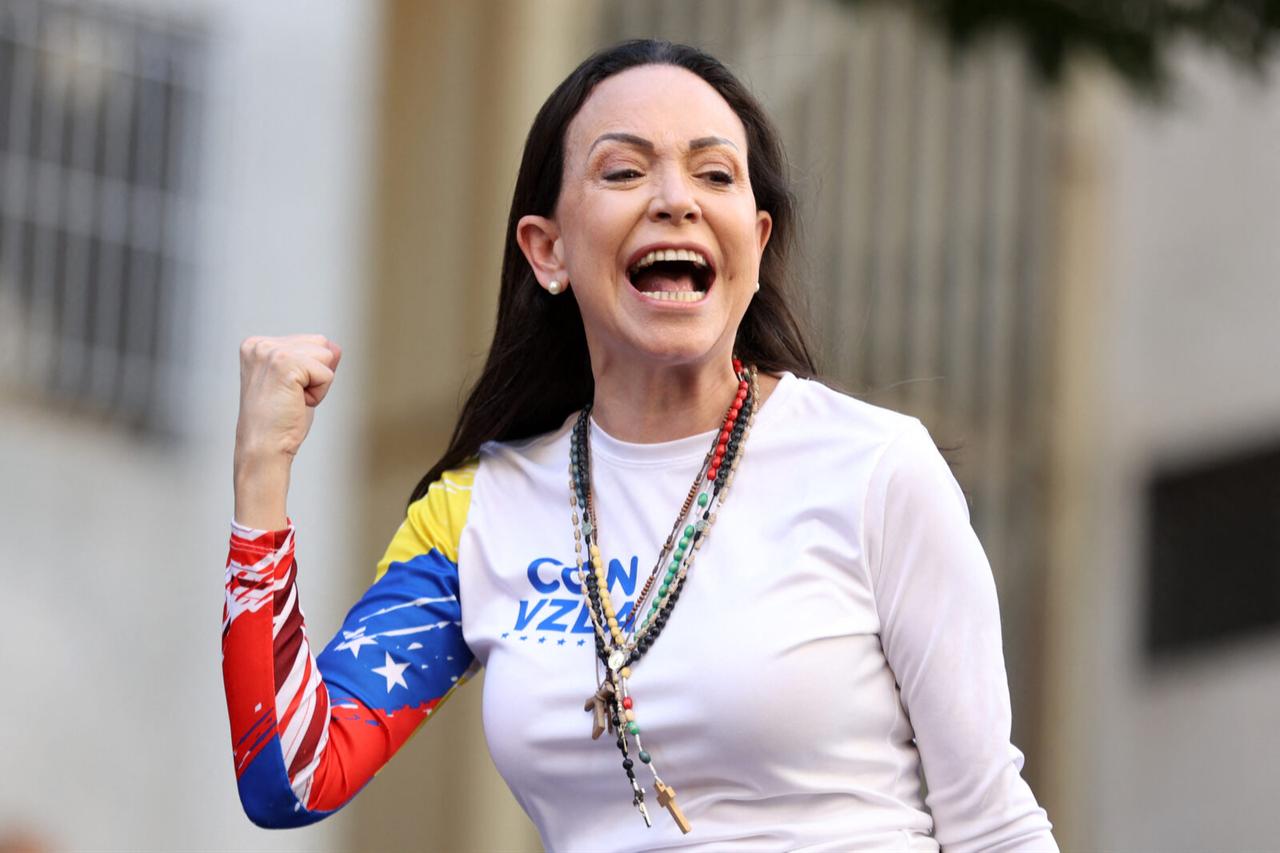
Machado, born in 1967, has been a vocal and brave political figure.
She received the 2025 Nobel Peace Prize “for her tireless work promoting democratic rights for the people of Venezuela and for her struggle to achieve a just and peaceful transition from dictatorship to democracy,” according to the Nobel Committee.
Machado has been one of Venezuela’s most prominent pro-democracy figures for more than two decades.
Trained in engineering and finance, she co-founded the Atenea Foundation in 1992 to support street children in Caracas and later helped establish Sumate, an organization promoting free and fair elections.
Elected to the National Assembly in 2010 with a record number of votes, she was expelled from office in 2014 as the government consolidated its control.
Today, she leads the Vente Venezuela party and helped create the Soy Venezuela alliance, which unites opposition groups across political lines.
In 2023, she announced her presidential candidacy but was barred from running, later backing opposition candidate Edmundo Gonzalez Urrutia in the 2024 election.
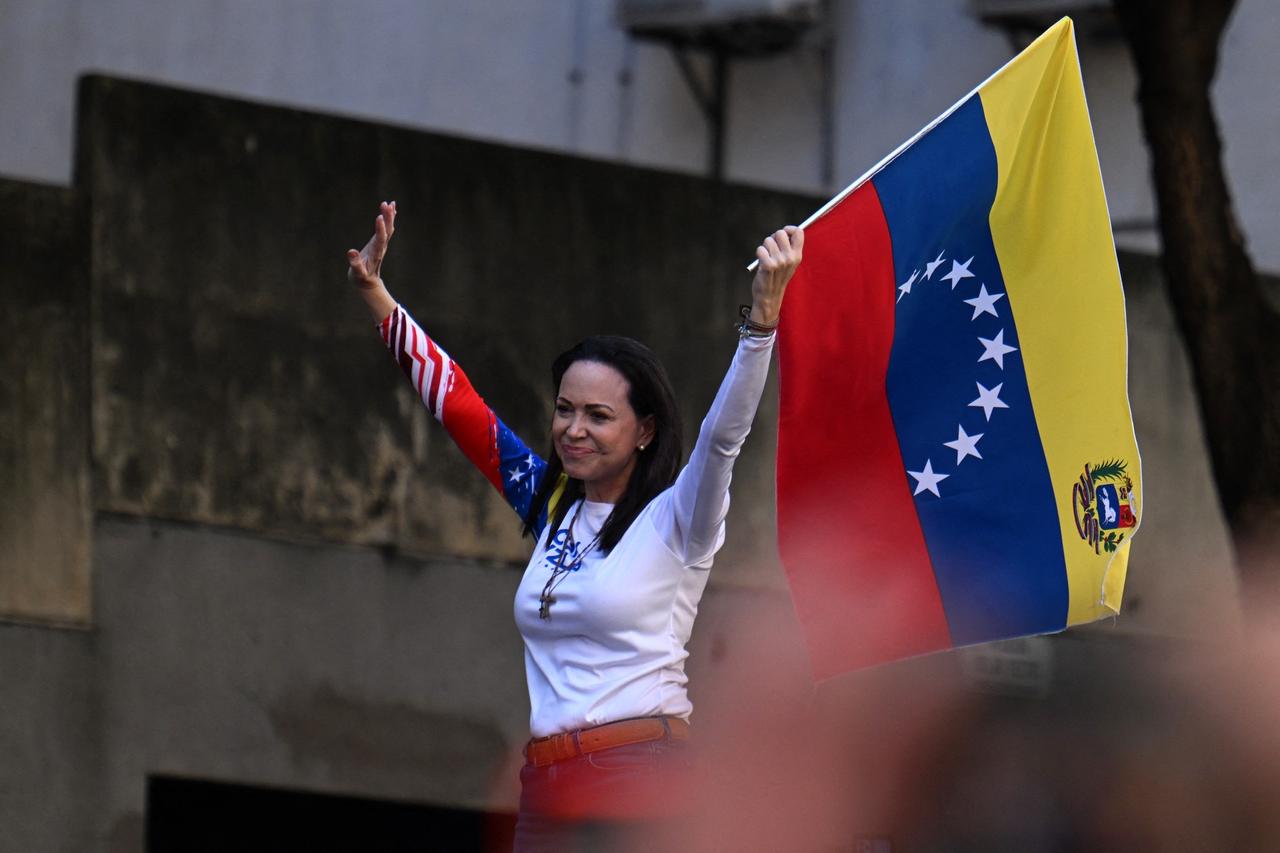
The Nobel Committee said she is honored not only for her work in Venezuela but also for keeping “the flame of democracy burning amidst a growing darkness” as democratic freedoms decline globally.
CNN correspondent Isa Soares described Machado as “a veteran diplomat who has worked tirelessly for decades to encourage democratic development in Venezuela.”
She noted that Machado’s defiance of President Nicolas Maduro’s regime has come at great personal cost, with repeated threats forcing her into hiding.
Speaking to Soares earlier this year, Machado said, “I am quite conscious of my responsibilities, but also we know that this is a cost that transcends every single one of us. We need to do this.”
In 2024, Machado was barred by Venezuela’s Supreme Court from running for president against Nicolas Maduro, who has ruled since 2013. After she endorsed opposition candidate Edmundo Gonzalez Urrutia, authorities intensified efforts to suppress dissent.
The committee said Machado “brought her country’s opposition together,” resisted the militarization of Venezuelan society, and remained steadfast in her pursuit of a peaceful transition to democracy.
Frydnes noted she satisfied all three conditions of Alfred Nobel’s will, which include fostering fraternity between nations, reducing armed conflict, and advancing peace efforts.
While the award drew praise from democracy advocates, Trump’s supporters argued that his diplomatic interventions deserved similar recognition.
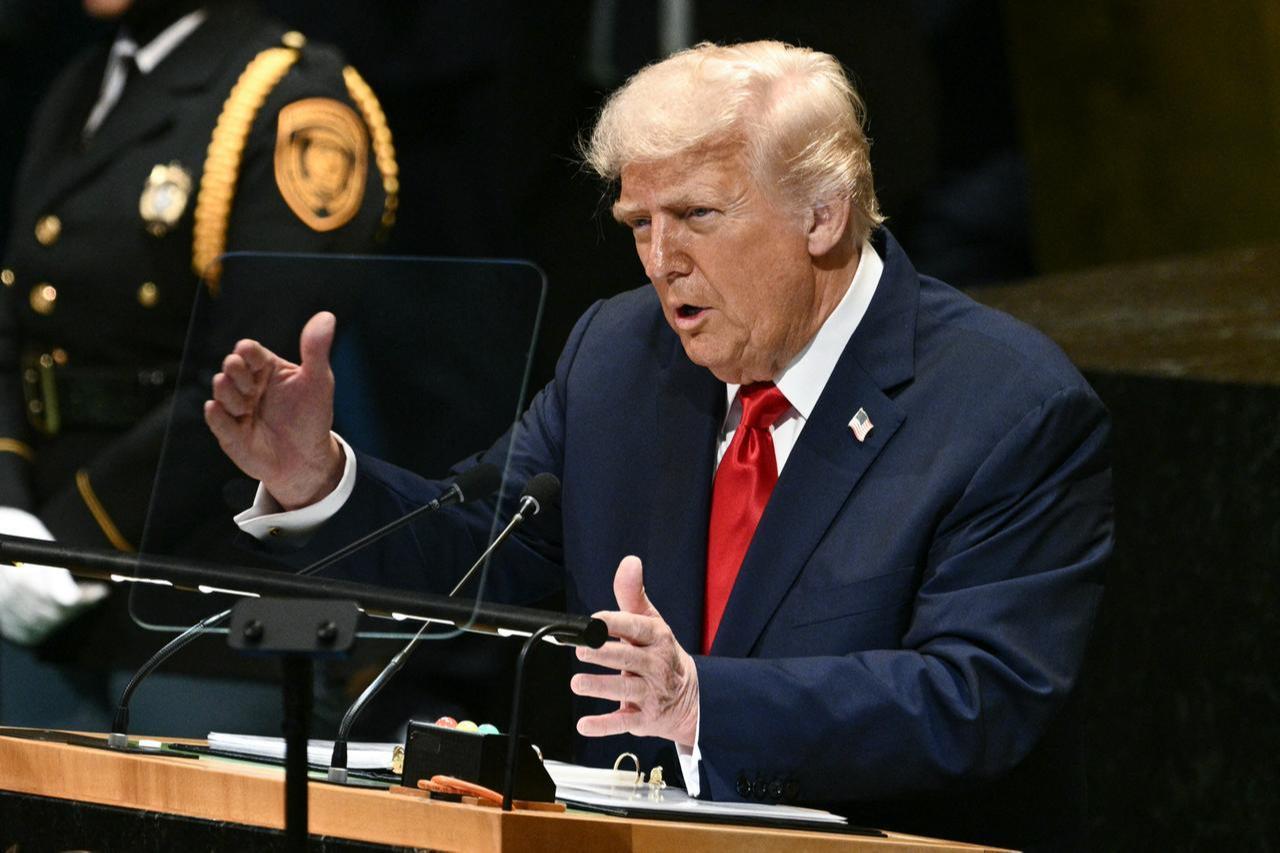
Trump has spent years campaigning for the Nobel Peace Prize.
During a February meeting with Israeli Prime Minister Benjamin Netanyahu at the White House, he said, “They will never give me a Nobel Peace Prize. I deserve it, but they will never give it to me.” The remark echoed a theme that has run through both of his presidencies.
Since returning to office in January 2025, Trump has repeatedly claimed to have “ended six or seven wars,” presenting himself as a deal-maker who achieves peace through strength.
He lists conflicts such as Israel-Iran, Thailand-Cambodia, and India-Pakistan among those settled through his interventions.
At an August summit with Ukrainian and European leaders, he told reporters, “I’ve done six wars, I’ve ended six wars,” later revising the number to seven in a Fox News interview.
His administration says the recent 20-point Gaza peace plan represents the culmination of this approach. The first phase of the plan was signed on Thursday and ratified by the Israeli government on Friday.
Netanyahu credited “the great efforts of our great friend and ally President Trump,” for the breakthrough, which includes the release of remaining hostages held by Hamas.
Behind the scenes, The Guardian reports that Trump has personally lobbied Norwegian officials about the prize, including a phone call to Finance Minister and former NATO chief Jens Stoltenberg.
Diplomats in Washington described the Nobel campaign as an open secret, with one senior European envoy saying, “Anytime he is talking about solving seven wars, he is really sending a message: give me the Nobel.”
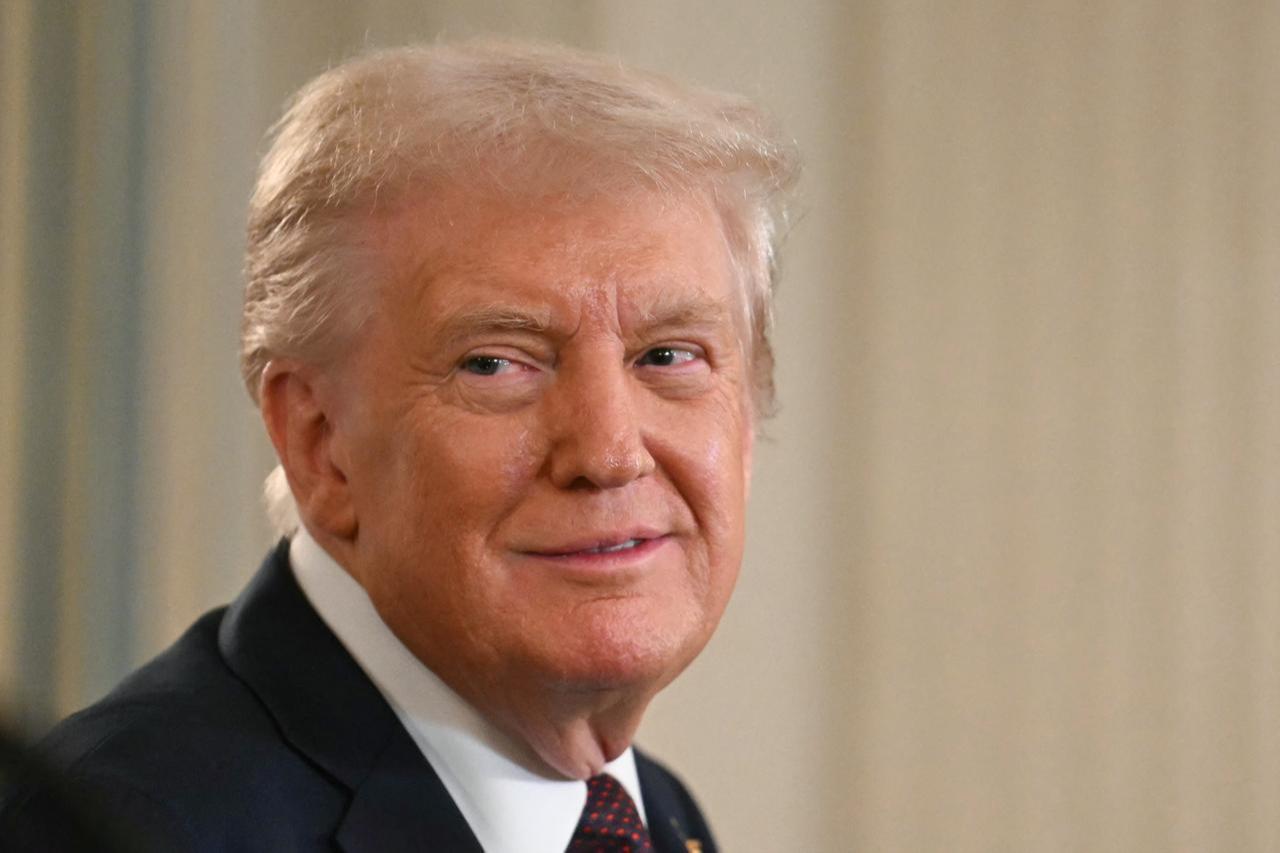
Analysts remain unconvinced that Donald Trump’s achievements meet the standard set out in Alfred Nobel’s will, which calls for rewarding those who have done “the most or best to advance fellowship among nations.”
Dr. Samir Puri of Chatham House told Sky News that Trump’s record shows “an absurdity” in his claims, noting that there is “a huge difference between getting fighting to stop in the short term and resolving the root causes of the conflict.” He described most of Trump’s interventions as “conflict management rather than conflict resolution.”
Nina Graeger, director of the Peace Research Institute Oslo, said the Gaza deal came too late to influence this year’s decision, adding that “if Donald Trump’s 20-point plan will lead to a lasting and sustainable peace in Gaza, the committee would almost certainly have to take that into serious consideration in next year’s deliberations.”
Graeger also argued that Trump’s broader record weakens his claim: “He has withdrawn the U.S. from the World Health Organization and from the Paris Accord on climate. That is not exactly what we think about when we think about a peaceful president.”
Criticism has also come from the academic community. Ylva Engstrom, vice president of the Royal Swedish Academy of Sciences, told Sky News that Trump’s domestic policies threatening education and research funding could have “devastating effects” on democratic life.
Inside Norway, members of the Nobel Committee have likewise voiced unease with lobbying efforts. Toje acknowledged that “some candidates push for it really hard and we do not like it,” while Frydnes said that resisting such pressure is “part of staying principled.”
The committee’s choice of Machado signals a focus on grassroots democracy over geopolitical dealmaking, a theme that continues to define the Peace Prize’s legacy.
Nina Graeger of the Peace Research Institute Oslo described the 2025 Peace Prize as “above all, a prize for democracy,” saying it highlights the belief that lasting peace is built on accountable governance rather than military power.
She added that at a time when authoritarianism is rising globally, the committee’s decision “recognizes those who defend freedom with ballots, not bullets.”
The prize, worth 11 million Swedish crowns (around $1.2 million), will be formally presented in Oslo on Dec. 10, the anniversary of Alfred Nobel’s death.